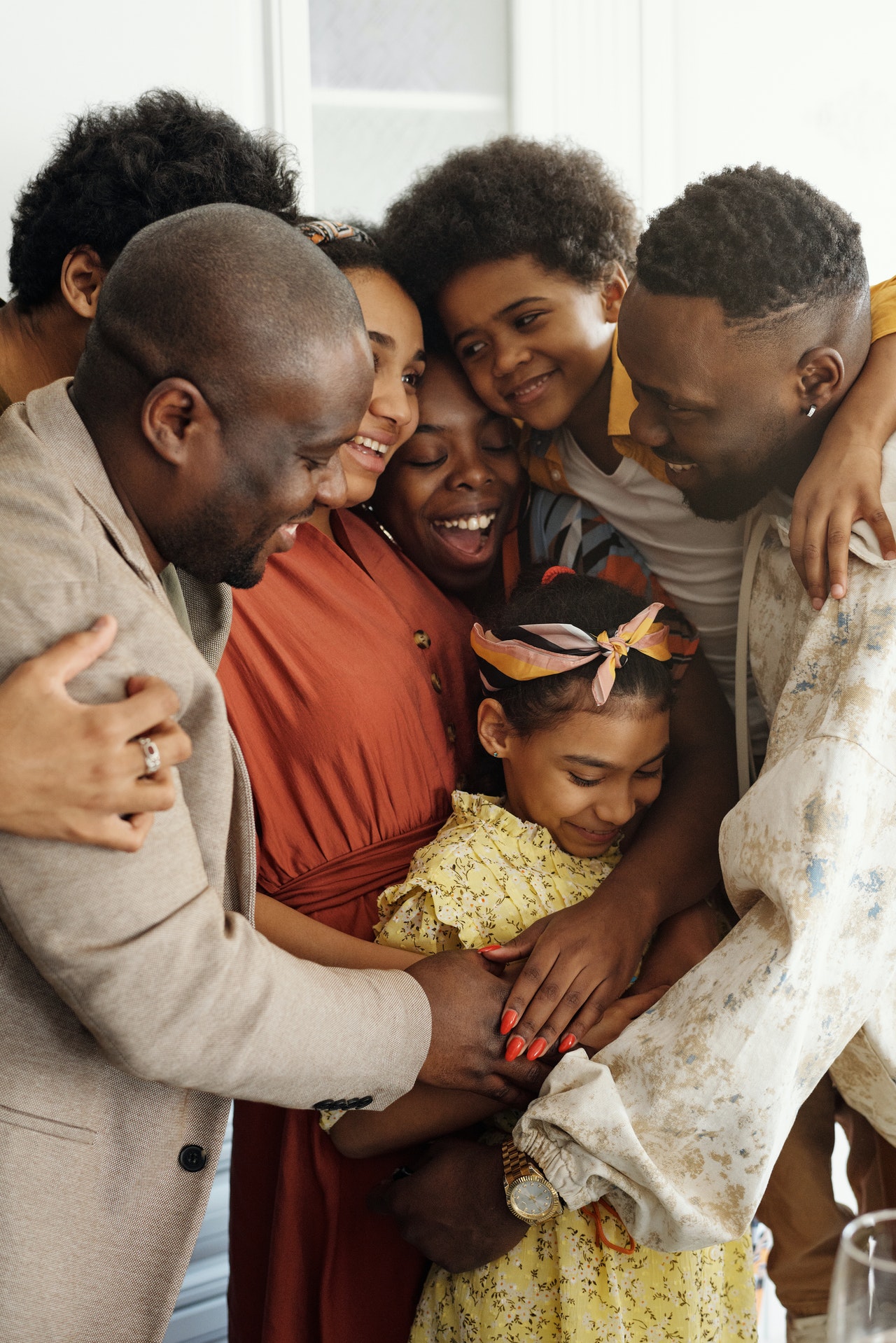Features
Are We Losing a Sense of Community?

Some days ago, someone asked how long it would take for people to notice if I accidentally slump in a shower. I took some time to ruminate on the question and at first, I said “I’d probably be dead before anyone noticed.” But I later realised that I have a partner who speaks to me every day and texts me almost every hour and my brother also randomly calls to check on me. So when they call a couple of times and hear nothing, I’m sure they’d reach out to anyone necessary to know when last they heard from me.
Living alone has isolated me from a lot of people and I also struggle with reaching out to people. Lately, I have been thinking about how cut out I am from my people and environment. I barely know the names of the areas around me and barely talk to anyone. I do this to avoid any ties that, in the future, might be difficult to uphold. But I’ve been feeling it. I sometimes feel so alone and I can count how many times I physically engage in a conversation with anyone. I used to think it’s a good thing to just be by myself but I have realised that it takes two to make a couple and it takes a village to raise a child. No matter what we do in life, we need people.
Coincidentally, Netflix suggested a 2022 series that explores the sense of community, “From Scratch”. I’ve been lucky to get good suggestions for movies from Netflix due to the kind and genres of movies I watched in the past. And “From Scratch”, despite being direct and almost predictable falls into the category of movies that interest me. I love how dialogues carry action and how it incites emotions. I believe words mean more than they are on the surface with the way they are expressed. “I love you” is such a cheap utterance to say to anyone but no matter how cliche it is, when it comes from the right person, it means more than three words.
“From Scratch” explores the life of Amy, an artist, who meets her would-be husband, Lino, on a trip to Italy for an art residency. The complication starts with cultural differences because Amy, an American, is scared of informing her parents she’s getting married to a Sicilian. They wager this, and Lino moves to America with his wife. Before Lino develops cancer which would later take his life, we are introduced to the sense of bond and community that helps Amy and Lino through their marital life. Although Lino has a fallout with his father, he finds a family in his in-laws who show up for them through it all. When they first move to America, Amy’s family and community come together to have lunch and dinner. When Lino is diagnosed with cancer, Amy is not left alone to take care of herself and her daughter; they both have someone to rely on. And when Lino eventually dies, his community in Sicily stands with Amy and shows her love.
The series brings nostalgia for what it means to have your people around you. These days, when I travel home for festivals, especially Ileya, home doesn’t exude the sense of community it used to. Plenty of kids used to flock around with pieces of meat escaping into our cheeks. We would spread a big prayer mat outside to observe prayer and have dinner. Even ceremonies are not as hugely attended as they used to be; everyone has excuses now. It would be reasonable if, at our dispersed places, we are making new connections and communities but from my case and similar cases that I know, we are not. We just become so alone and aloof and it becomes difficult to find our way back. It’s been years since I saw some of my siblings who live in the same country and even in closer states. But I am not alone. Research suggests that our sense of community is dying.
In her narration, Sandi Mann, a psychologist, author and senior psychology lecturer at the University of Central Lancashire, writes “I am ashamed to admit that I barely know the names of more than a couple of neighbours. I would never knock on their door to borrow anything and rarely exchange more than a polite hello with most of them.” Communication is becoming difficult to hold. Aditya Khan writes that “the greatest threat to community is our lack of a willingness to communicate with each other.”
I believe there are various factors responsible for losing community and one is our unwillingness to communicate. We prefer to figure things out on our own when we can simply seek help. This is why I think every young person should begin their life experience with work. As the landscape of earning is changing, you don’t even need to work in an office to start earning. Being in a working environment will give you a sense of community when you have to communicate with your team members and share ideas. When you fail at a task, you have people to correct you.
Another factor is social media. As Sandi Mann noted, “Our communities are virtual now, not real.” I love the interchange of “virtual” with “real” because we all tend to forget that social media will forever be social media and cannot wholly define us. A horrible person can disguise nice behind the keyboard for many years. Everyone needs to go out and touch the grass.
No thanks to japa, we are also losing our community to hustle. Almost everyone has a family member who has relocated. Now, whatever family that family member produces outside the country might not relate to those at home.
I am making a considerable effort to bond now. I met a school friend some days ago and turned back to have his contact after we had said goodbyes. There is a social hangout forthcoming which I have also signed up to attend. The main point is to have human interaction who can sometimes offer the right words and make us feel human, and not machines.
***
Featured Image by August De Richelieu for Pexels























